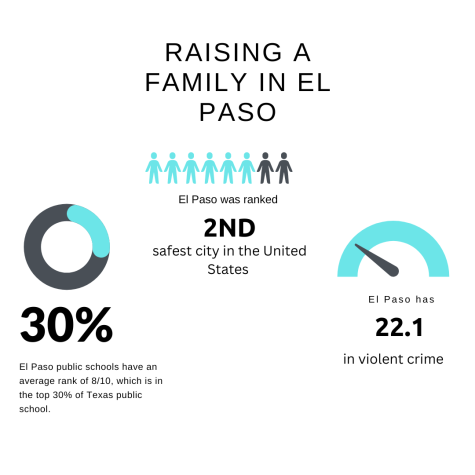Never stop exploring: should you do extracurriculars just for college?
Whichever activity you do, make sure you are giving it your all.
Editor’s note: This story was written in early spring and would have been published in the print issue “Never stop exploring.”
Students have a wide variety of options to choose from when thinking about participating in school activities and extracurriculars. Students can pick from sports, academics, music, and more. Although these activities are intended to be meaningful commitments, many of these students only join extracurriculars for the ability to add them to their college applications. It’s no surprise that joining school activities helps with getting into universities. But extracurriculars created by students for the sole purpose of adding to college applications can be both beneficial and corrupt.
Colleges look at a student’s activities in high school to seek out information about their personality that grades and test scores cannot show. If a student gets a bad SAT/ACT score and wants to make up for it, extracurriculars can compensate and increase the odds of getting accepted into the college of choice.
“I think that most people just do activities at school for college, but it does help them a lot,” junior Garrett Levesque said.
Nonetheless, Levesque loves to compete in basketball, football, and track and field for the school and does not participate just for his college applications.
Jackson Norwich, a junior on the golf team, disagrees with Levesque’s assessment of student participation in outside activities.
“I don’t believe that people do extracurriculars just for college applications,” Norwich said. “Most students do an extracurricular activity to try and improve their skill level on an activity.”
Joining school activities for college application benefits is very common in many high schools. This reasoning is not disagreeable as long as the student gives their best effort in the activity.
Many students take advantage of making clubs for their college applications. Sometimes, these students make a club and never hold meetings or events. This method is smart, but morally, it is not right.
On paper, the students who create clubs, hold meetings and events, and work hard are receiving as many benefits as the students who don’t work hard to run their clubs. Many students can put “club founder/leader” on their applications, but it doesn’t show the whole story. It is those who actually get experience coordinating initiatives, organizing meeting places, and adhering to deadlines that truly walk away with meaningful lessons.
Senior David Hernandez founded the Harmonica Club to unite people who are passionate about playing the instrument. Under Hernandez’s leadership, the group plans performances at various locations in order to spread their music. He feels that the work he has put in has been beneficial, to both him and the other members of the club.
“My experience with Harmonica Club has been a learning experience, as running a club isn’t always as easy as it may seem, yet we still manage to enjoy the process,” he said.
Creating clubs and participating in school activities and extracurriculars will benefit students for college applications and also prepare them for the future as long as this is done right. In the end, hard work and honesty will be the factor that will help students succeed in the future.

Sean Morrison is a senior and in his second year in newspaper. His favorite part of newspaper is being able to write about sports, which is his main passion....












